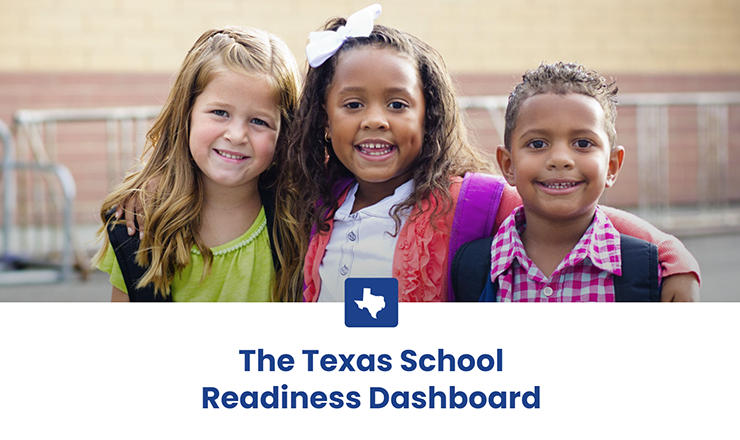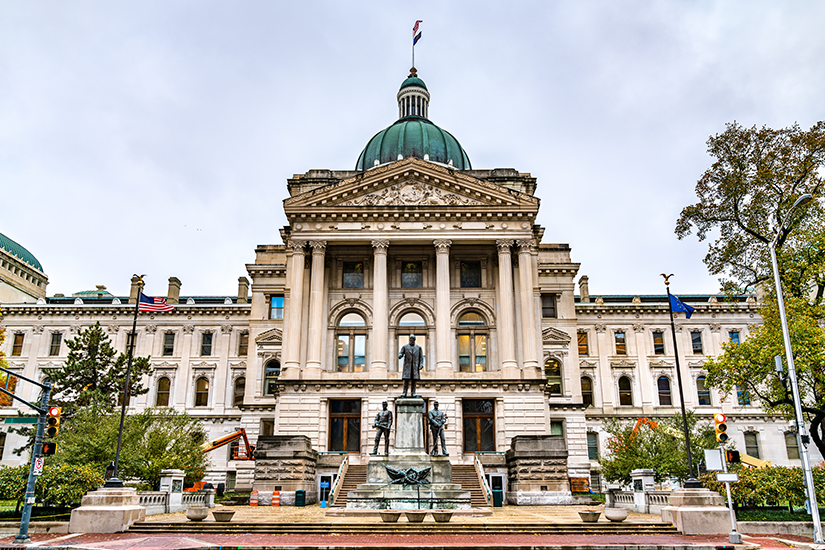Bipartisan momentum has advanced tax credit proposals across the country, a historic debate over Medicaid expansion continues in Mississippi, and several states made progress in the past month to provide doula services through Medicaid. By the end of May, two-thirds of state legislatures will have concluded their regular legislative sessions for the year, but for now many states are still in play.
As deadlines approach, we continue to track lawmakers’ efforts to advance evidence-based policies that support infants, toddlers, and their families and to note trends in types of bills that survived deeper into the legislative process. In this month’s post, we provide details on bills to provide tax credits, Medicaid coverage, doula care, child care, and paid family leave.
State Tax Credits for Families
Though early bipartisan momentum around state earned income tax credits (EITCs) and state child tax credits (CTCs) has waned in many states, other states continue to consider—and even advance—bills to expand or implement new credits. And a few states have advanced legislation to increase uptake of existing credits.
- Nebraska could return for a special session to revisit a property tax package that included an increase in the generosity of the state EITC.
- Maryland lawmakers have sent two bills to the Governor’s desk to help more eligible families claim state-level credits: H.B. 451 requires the state to appropriate $800,000 annually in grant funding for tax clinics to help low-income residents file returns. H.B. 1304 requires the Department of Health to provide information about the state EITC to families enrolled in other social service programs.
- California A.B. 2191 would establish a new grant program to provide outreach, education, and tax assistance for families who may be eligible for the CalEITC. The bill passed the Assembly Revenue and Taxation Committee unanimously and is currently in the Assembly Appropriations Committee.
- Colorado H.B. 1288, which would create a pilot to identify and assist residents who did not file a federal tax return but who were likely eligible for the EITC and may be in the future, passed the Colorado House Finance Committee and is headed to the full house for a vote.
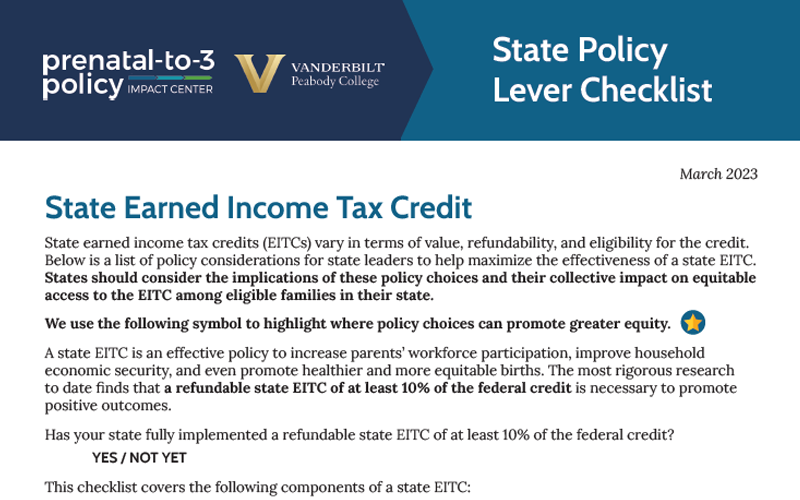
Our State Policy Lever Checklist helps lawmakers make effective and equitable decisions about EITC components, such as eligibility and funding.
Expanded Eligibility for Health Insurance
Mississippi lawmakers continue to work on a compromise bill for Medicaid expansion as the state’s legislative session winds down. Conferees from the House and Senate met for several days in late April to discuss H.B. 1725 and filed a compromise proposal minutes before a key deadline on April 29.
The proposal would provide coverage to individuals at or below 138 percent of the federal poverty level (FPL), as the house originally proposed. Individuals earning less than 100 percent of the FPL would be covered by traditional Medicaid, and individuals with earnings between 100 and 138 percent of the FPL would be covered by private insurance plans on the federal exchange with subsidized premiums. This coverage approach for the higher incomes is similar to what Mississippi’s neighboring state of Arkansas uses to cover its expansion population. The proposal also includes a work requirement of 100 hours per month, and the Medicaid expansion program would not be implemented until CMS approves the work requirement, which could lead to delays.
Lawmakers have until late on May 1 to approve or reject the proposal. Legislators could also send the proposal back to conferees to continue negotiations.
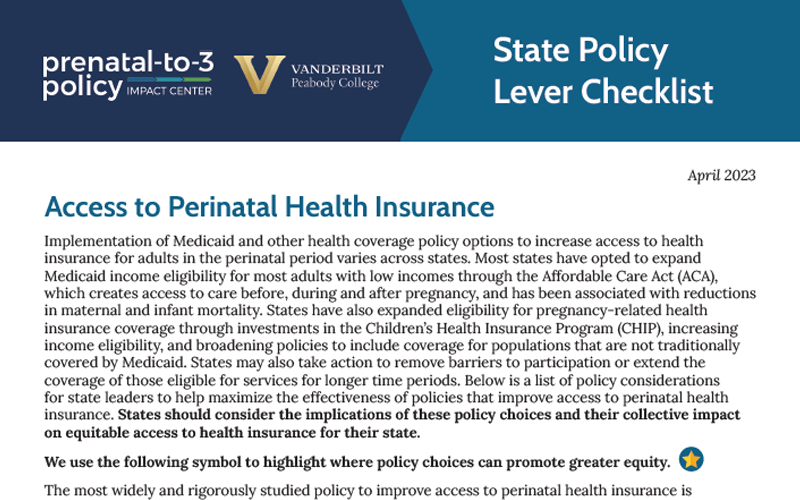
Our State Policy Lever Checklist contains a list of considerations for state leaders to consider to maximize access to perinatal health insurance.
Community-Based Doulas
We continue to see lawmakers advancing legislation to require Medicaid coverage for doula services. In the past month, committees in both Louisiana and Pennsylvania approved such bills. Vermont S. 109, which originally required Medicaid coverage for doulas, was amended to require the Department of Vermont Health Access to make a recommendation about Medicaid coverage for doula services. This bill passed both chambers.
Additionally, the Centers for Medicare and Medicaid Services (CMS) approved New York’s state plan amendment for doula Medicaid services. The benefit went into effect retroactively as of January 1, 2024. This milestone makes New York the 14th state to implement Medicaid coverage for doula services.
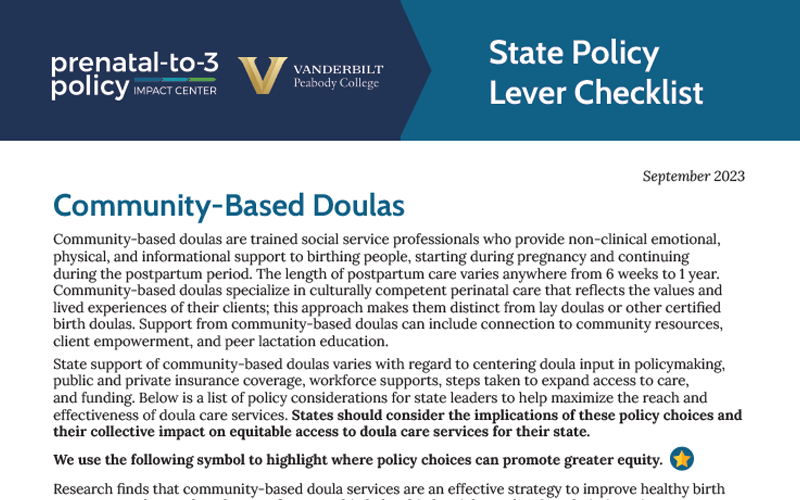
Our State Policy Lever Checklist for community-based doulas helps lawmakers consider workforce supports, insurance coverage, and other factors in access to care.
Paid Family Leave
In our March blog, we reported that the Virginia House passed S.B. 373, which would have created a statewide paid family and medical leave program of up to 8 weeks. On April 5, Governor Youngkin vetoed the proposal and lawmakers did not have enough votes to override the veto.
Meanwhile, other Southern states are building on a trend we have seen in previous years by advancing bills to adopt and enhance paid leave programs for state employees and teachers.
- Alabama H.B. 309 would create an 8-week paid parental leave program for eligible state employees, who would receive 100 percent of their pay during the leave period. This bill passed the house and is in the Senate Finance & Taxation General Fund Committee for consideration.
- Louisiana S.B. 426 would expand the current 6-week paid parental leave program for state employees to include public school educators.
- Georgia H.B. 1010 would increase the maximum duration of paid parental leave for state employees from 3 to 6 weeks. The bill passed both chambers and is on the governor’s desk.
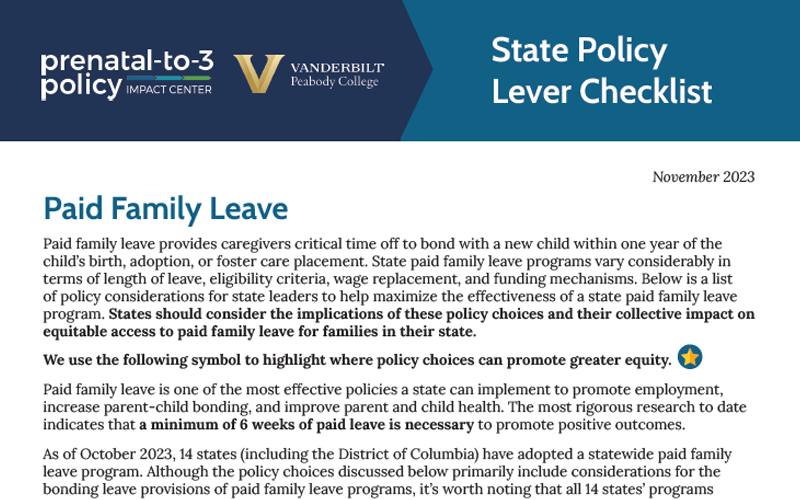
Our State Policy Lever Checklist contains a list of policy considerations for state leaders to maximize the effectiveness of a state paid family leave program.
Child Care Subsidies
In the past month, two states have advanced legislation to make child care more affordable and accessible for families. These bills make changes to child care subsidy programs by expanding eligibility and reducing copayments, alongside efforts to encourage employer support of child care.
- Alaska H.B. 89 would increase subsidy eligibility from 85 percent of the state median income (SMI) to 105 percent and would limit copayments to 7 percent of a family’s income. The bill would also provide tax breaks to mining, fishing, and oil industry employers who subsidize an employee’s child care expenses. This bill passed the house and now awaits consideration by the Senate Finance Committee.
- Massachusetts S. 2707, would expand subsidy eligibility to 85 percent of the SMI and allow for eligibility to increase to 125 percent of the SMI when funds become available. The bill would also cap copayments at 7 percent of a family’s income and create a public-private matching pilot program for employers to support child care. This bill unanimously passed out of the senate.
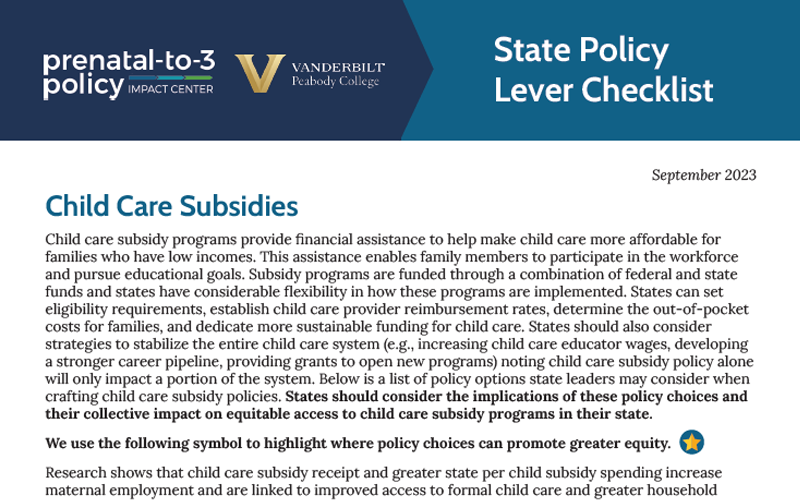
Our State Policy Lever Checklist for child care subsidies covers program provisions that help increase access and affordability.
These updates provide just a sample of the legislation introduced so far in the 2024 session. As our team continues to track state activity for our 12 evidence-based policies, we will continue to post monthly state policy updates on our blog through June. Sign up for our newsletter and blog email updates and follow us on social media to stay up to date as 2024 legislative sessions progress.


